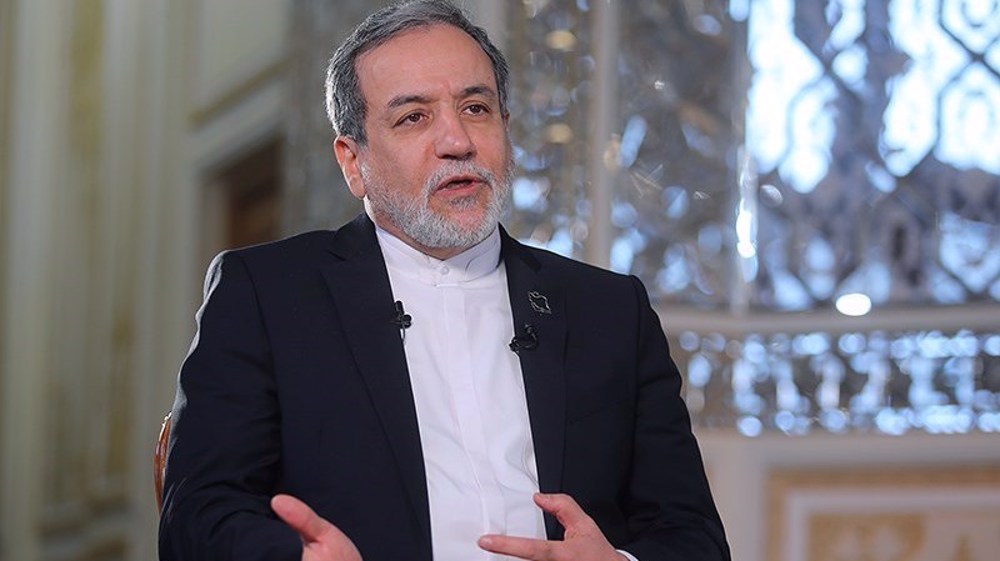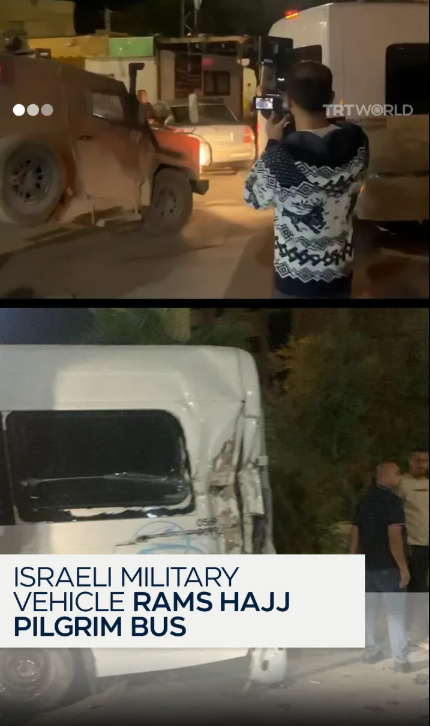Iran has issued a stern warning to the United States and its European allies, vowing a “harsh and immediate response” if they move forward with activating the UN snapback sanctions mechanism—a provision that could reimpose international sanctions lifted under the 2015 nuclear deal.
The warning, delivered on Sunday by Iranian Foreign Ministry spokesman Nasser Kanaani, comes amid increasing speculation that the West may invoke the controversial mechanism due to Tehran’s ongoing uranium enrichment activities and reduced cooperation with international inspectors.
“If the snapback mechanism is misused once again by any party, Iran will respond firmly and decisively,” Kanaani said during a press briefing in Tehran. “Such a move would be illegitimate, politically motivated, and would violate the spirit of diplomacy.”
The snapback mechanism, originally part of the Joint Comprehensive Plan of Action (JCPOA), allows participants to restore all UN sanctions against Iran if it is found to be in breach of the deal. Though the United States unilaterally withdrew from the agreement in 2018 under then-President Donald Trump, Washington has continued to pressure European signatories—France, Germany, and the UK—to take a harder line against Iran’s nuclear program.
Kanaani argued that Iran has exercised “maximum restraint” despite what it sees as violations of the agreement by the West. He also reiterated that Iran’s nuclear activities remain peaceful and are being carried out under the supervision of the International Atomic Energy Agency (IAEA), although cooperation has recently been reduced.
Tensions between Iran and the West have surged in recent months, as Tehran has reportedly increased uranium enrichment levels beyond the JCPOA limit of 3.67%, with stockpiles of enriched uranium now reaching near weapons-grade levels. The IAEA has expressed concern over restricted access to Iranian facilities and the lack of transparency from Tehran.
Western officials have said they are reviewing all options—including the snapback process—after several rounds of indirect negotiations failed to produce a breakthrough. European diplomats have hinted that unless Iran shows meaningful cooperation soon, the path to diplomacy may close completely.
In response, Kanaani accused the West of double standards, pointing to continued U.S. arms sales to Israel and its support for what Iran views as aggressive regional policies. He said any use of the snapback provision would destroy what little trust remains and further destabilize the region.
“If they believe they can threaten us into submission, they are gravely mistaken,” he said. “Iran will not yield to pressure or blackmail.”
Iran’s threat of retaliation raises fears of wider regional escalation, especially as tensions simmer over Israel’s military operations in Gaza and U.S. troop deployments in the Gulf. Analysts warn that any reimposition of sanctions could prompt Iran to fully withdraw from the JCPOA framework, resume suspended nuclear activities, and possibly limit access to IAEA inspectors altogether.
The UN Security Council would play a central role in any snapback action, but Iran has already dismissed the legitimacy of such moves—especially if led by the United States, which officially exited the deal.
With diplomacy faltering and rhetoric hardening on both sides, the coming weeks may prove critical in determining whether the nuclear standoff is headed toward renewed engagement—or a dangerous collapse of what remains of the 2015 accord.
Source: Press TV



